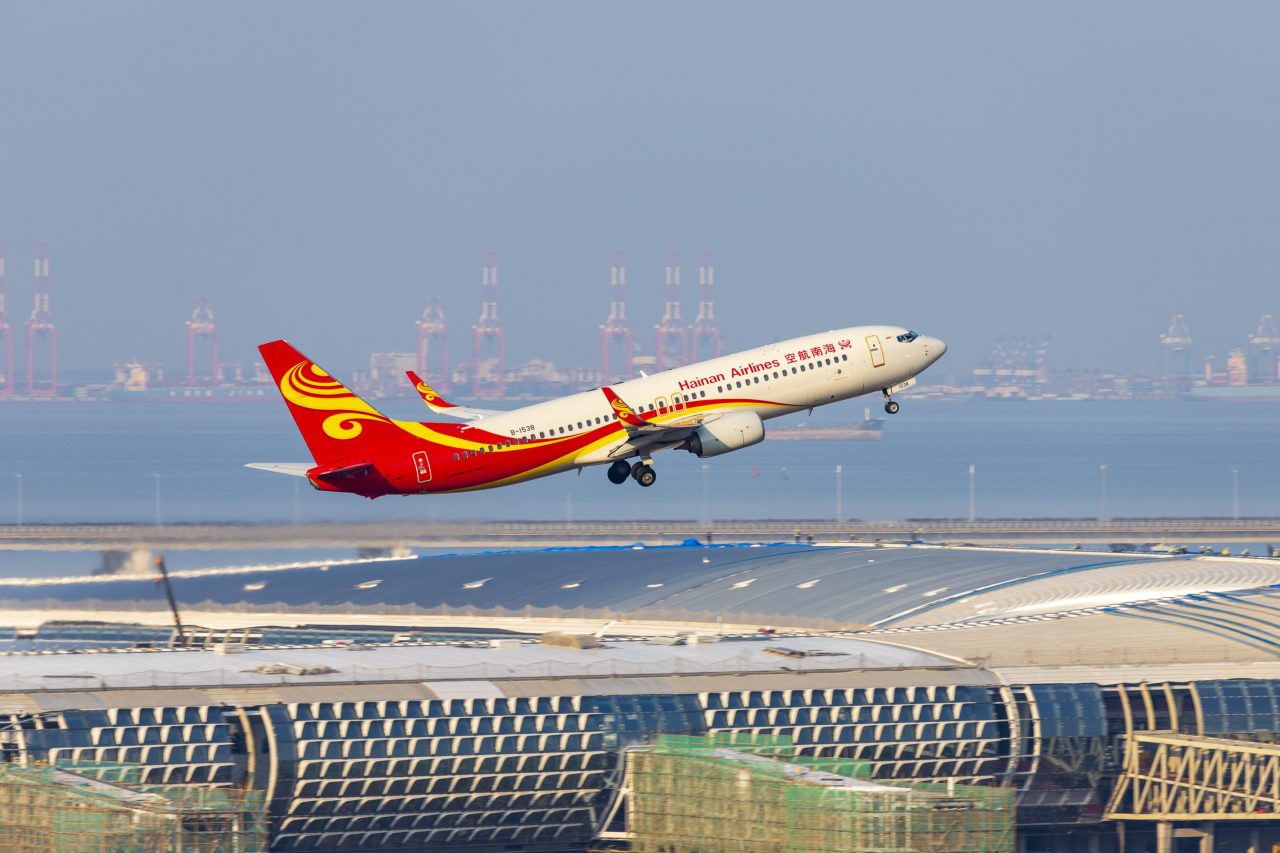Should India's Cities Adopt Delhi's Old Petrol Car Ban?

Table of Contents
Delhi's recent ban on older petrol vehicles, implemented to combat its severe air pollution crisis, has sparked a nationwide debate. The question on everyone's mind: Should other Indian cities follow suit? This article delves into the complexities of this issue, examining the effectiveness of Delhi's ban, the feasibility of its implementation elsewhere, and the potential alternative solutions for improving air quality across India. We will weigh the environmental benefits against the potential economic and social repercussions, offering a nuanced perspective on this critical policy decision.
Delhi's Old Petrol Car Ban: A Case Study
Delhi's ban on pre-2005 petrol vehicles and pre-2010 diesel vehicles serves as a crucial case study. While its impact is still being fully assessed, analyzing its various aspects is crucial before considering its nationwide adoption.
Environmental Impact: Cleaner Air, but at What Cost?
The ban aimed to reduce harmful pollutants like particulate matter (PM2.5 and PM10), carbon monoxide, and nitrogen oxides. Initial reports suggest a decrease in these pollutants in certain areas post-ban. However, quantifying the exact impact is challenging, as other factors like seasonal variations and weather patterns also influence air quality. While some studies show a modest improvement in air quality, a definitive conclusion regarding the long-term environmental impact requires more comprehensive data analysis over a longer period.
- Quantifiable data on pollution reduction in Delhi: While specific numbers are debated, some studies indicate a small percentage decrease in PM2.5 levels in certain zones after the ban's implementation. More research is needed to confirm these findings conclusively.
- Observed improvements in public health: A correlation between reduced air pollution and improvements in respiratory health is suspected, but direct causal links require further epidemiological studies.
Economic Implications: A Blow to the Used Car Market
The ban significantly impacted the used car market, with older petrol vehicles losing considerable value. Many vehicle owners faced financial losses, and those dependent on older vehicles for livelihoods, such as taxi drivers and delivery personnel, experienced job insecurity. The exact economic consequences are difficult to pinpoint, as the impact varied across different income groups and sectors.
- Statistics on economic impact: Precise figures on job losses and overall economic impact are scarce but anecdotal evidence suggests significant challenges for lower-income groups reliant on older vehicles.
- Impact on the auto repair industry: The ban also had a cascading effect on the auto repair industry, impacting those specialized in repairing older vehicles.
Social Impacts: Equity Concerns and Accessibility Issues
The ban disproportionately affected lower-income groups who rely on older, more affordable vehicles for transportation. The availability and accessibility of public transportation alternatives played a crucial role in determining the impact on these communities. Many lacked access to affordable and efficient public transportation options, leading to increased commuting times and costs.
- Case studies highlighting the social consequences: Several case studies revealed the hardships faced by low-income individuals who lost their primary means of transport due to the ban.
- Equity concerns: The ban raised significant equity concerns, as it placed a greater burden on economically disadvantaged groups.
Feasibility of Implementing the Ban in Other Indian Cities
The success of Delhi's ban doesn't automatically translate to other Indian cities. The feasibility hinges on several critical factors.
Infrastructure Requirements: Public Transport is Key
Implementing a similar ban in other Indian cities requires robust and accessible public transportation networks. Many cities lack the well-developed metro and bus systems needed to effectively compensate for the loss of personal vehicles. A city's readiness for such a ban is directly proportional to the efficiency and reach of its public transport infrastructure.
- Comparison of public transport infrastructure across major Indian cities: A comparative analysis reveals significant disparities in the quality and availability of public transport across different Indian cities. Mumbai and Delhi have better public transportation options than many smaller cities.
- Investment needed for upgrades: Massive investments in public transportation infrastructure are essential before considering a vehicle ban in most Indian cities.
Enforcement Challenges: Corruption and Resources
Enforcing a ban effectively presents significant challenges, particularly concerning corruption and resource constraints. Lack of adequate monitoring mechanisms and enforcement personnel can undermine the effectiveness of any such policy. The effectiveness of enforcement is critical; otherwise, the ban risks becoming ineffective and leading to further environmental damage.
- Discussion of enforcement mechanisms and their effectiveness: The effectiveness of enforcement mechanisms needs to be carefully considered. Stringent penalties and robust monitoring systems are crucial to deter violations.
- Corruption as a challenge: The potential for corruption in enforcement needs to be addressed to ensure fair and consistent implementation.
Economic Preparedness: Assessing the Financial Impact
The economic capacity of different cities to absorb the potential negative impacts on vehicle owners and related industries needs careful assessment. A city's economic health plays a vital role in determining its ability to manage the social and economic consequences of such a policy.
- Analysis of the economic viability of the ban in various cities: An economic impact assessment is crucial to gauge the affordability and feasibility of the ban. This assessment should consider the potential impact on jobs, businesses, and the economy as a whole.
Alternative Solutions to Improve Air Quality
While banning old petrol cars can contribute to cleaner air, it is crucial to explore alternative and more holistic solutions.
Promoting Electric Vehicles: A Cleaner Transportation Future
Government incentives, subsidies, and the development of charging infrastructure are essential to encourage a wider adoption of electric vehicles (EVs). Investing in EV technology and making it more affordable and accessible is a key step towards sustainable transportation.
- Examples of successful electric vehicle adoption programs globally: Learning from successful EV adoption programs in other countries can help inform the development of effective strategies in India.
- Addressing range anxiety and charging infrastructure: Addressing consumers' concerns about range anxiety and expanding charging infrastructure are vital to achieving wider EV adoption.
Improving Public Transportation: Efficiency and Accessibility
Strategies for improving the efficiency, affordability, and accessibility of public transport systems are crucial. This includes increasing the frequency of buses, expanding metro networks, and improving the overall user experience.
- Strategies for improving public transport: Implementing measures like bus rapid transit systems, improving bus connectivity, and integrating various modes of transportation can enhance efficiency and accessibility.
Stricter Emission Norms: Enforcing Higher Standards
Enforcing stricter emission standards for newer vehicles and regularly updating these standards is another important approach. Regular vehicle emission testing and stringent penalties for non-compliance are crucial for ensuring the effectiveness of these norms.
- Analysis of the effectiveness of stricter emission norms: Regularly monitoring the effectiveness of emission norms and making adjustments based on the findings is crucial to adapt to technological changes and keep pace with the evolving environmental standards.
Conclusion:
The question of whether India's cities should adopt Delhi's old petrol car ban is complex, requiring a careful consideration of its environmental, economic, and social ramifications. While the ban has demonstrated some positive environmental impact in Delhi, its broader applicability depends on each city's unique context. A blanket adoption across India may not be feasible or equitable. Instead, a more nuanced, city-specific approach is needed. A combination of promoting electric vehicles, improving public transport, and implementing stricter emission norms offers a more holistic and sustainable path towards cleaner air in India. Before considering a similar ban on old petrol cars in your city, a thorough assessment of local conditions and a comprehensive plan are crucial. Therefore, a city-specific approach, considering alternative solutions, is essential for tackling air pollution effectively and equitably.

Featured Posts
-
 Are Canadian Condos Still A Smart Investment A Current Market Overview
Apr 25, 2025
Are Canadian Condos Still A Smart Investment A Current Market Overview
Apr 25, 2025 -
 Izmenenie Ritoriki Trampa Po Ukraine Ot Nachala Konflikta Do Segodnyashnego Dnya
Apr 25, 2025
Izmenenie Ritoriki Trampa Po Ukraine Ot Nachala Konflikta Do Segodnyashnego Dnya
Apr 25, 2025 -
 Boeing Threatens To Stop China Jet Production Due To Delivery Refusals
Apr 25, 2025
Boeing Threatens To Stop China Jet Production Due To Delivery Refusals
Apr 25, 2025 -
 Salma Hayeks 58th Birthday A Look At Her Beautiful Stepdaughter
Apr 25, 2025
Salma Hayeks 58th Birthday A Look At Her Beautiful Stepdaughter
Apr 25, 2025 -
 Eintracht Frankfurts Bochum Victory Signals Return To Winning Form
Apr 25, 2025
Eintracht Frankfurts Bochum Victory Signals Return To Winning Form
Apr 25, 2025
Latest Posts
-
 Money Talks Fox News Hosts Spar Over Trump Tariffs And Economic Impact
May 10, 2025
Money Talks Fox News Hosts Spar Over Trump Tariffs And Economic Impact
May 10, 2025 -
 Fox News Host Jesse Watters Faces Criticism Over Wifes Infidelity Joke
May 10, 2025
Fox News Host Jesse Watters Faces Criticism Over Wifes Infidelity Joke
May 10, 2025 -
 Fox News Host Counters Colleague On Trumps Trade Policies
May 10, 2025
Fox News Host Counters Colleague On Trumps Trade Policies
May 10, 2025 -
 Fox News Hosts Fiery Rebuttal To Colleagues Trump Tariff Take
May 10, 2025
Fox News Hosts Fiery Rebuttal To Colleagues Trump Tariff Take
May 10, 2025 -
 The Jesse Watters Controversy Hypocrisy Allegations Following Cheating Joke
May 10, 2025
The Jesse Watters Controversy Hypocrisy Allegations Following Cheating Joke
May 10, 2025
